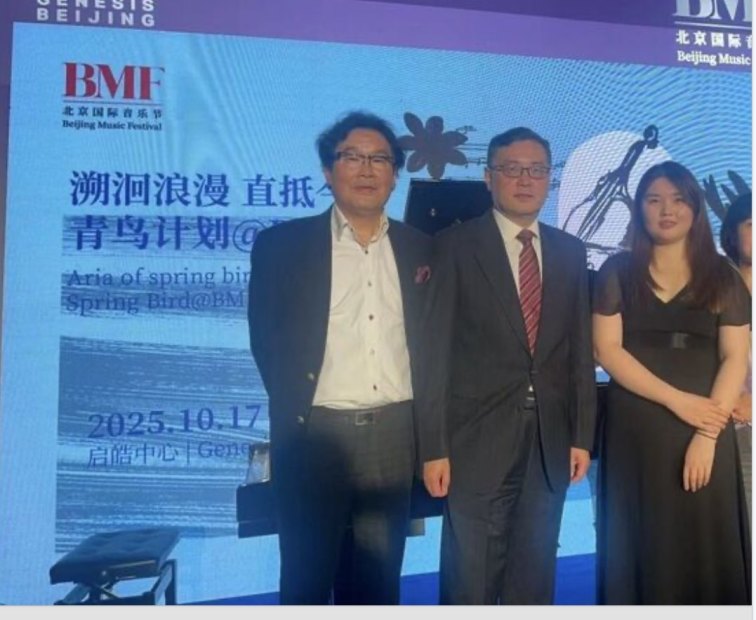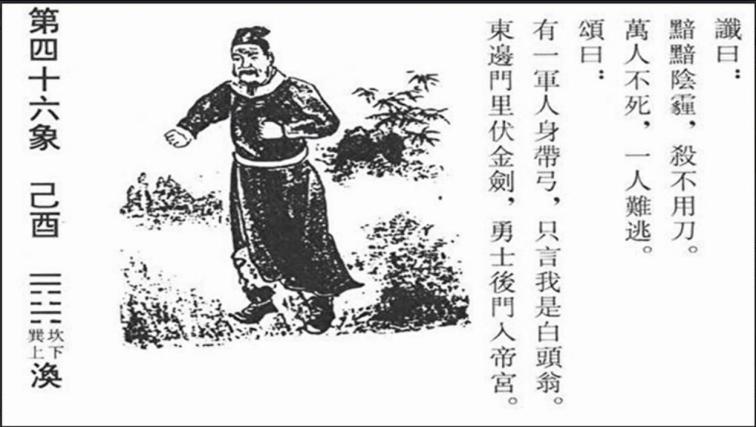U.S. Treasury Secretary Bessent and U.S. Trade Representative Greer attend a press conference at government quarters Rosenbad
[People News] According to Xinhua News Agency on October 20, Xi Jinping, in accordance with the decision of the Standing Committee of the National People’s Congress, made several ambassadorial appointments and removals — including the dismissal of Li Chenggang from his posts as China’s Permanent Representative to the World Trade Organization (WTO) and Ambassador Extraordinary and Plenipotentiary.
Just days earlier, U.S. Treasury Secretary Scott Bessent had unusually singled out Li Chenggang by name, criticizing comments Li made during his August visit to the United States. Bessent said Li had shown up “uninvited” and described him as “completely unhinged.”
According to Xinhua, the ambassadorial adjustments announced on October 20 included: the removal of Li Changlin as Ambassador Extraordinary and Plenipotentiary of the People’s Republic of China to the Kingdom of Morocco, and the appointment of Yu Jinsong (female) to that position; and the removal of Han Chunlin as Ambassador Extraordinary and Plenipotentiary to Romania, replaced by Chen Feng.
The most notable change was the dismissal of Li Chenggang — who had also served as Deputy Permanent Representative of China to the United Nations Office at Geneva and other international organizations in Switzerland — from all his positions.
On October 15, U.S. Treasury Secretary Scott Bessent spoke at CNBC’s Invest in America Forum, admitting that Washington was considering strengthening its involvement and control over key domestic industries in response to China’s new economic policies. He stated that when an economy like China’s adopts industrial policy, the United States has “no choice” but to do the same to defend its own interests.
Bessent unusually named and harshly criticized the Chinese Ministry of Commerce official, describing Li Chenggang, Vice Minister of Commerce and China’s International Trade Negotiator, as “unhinged.” He said Li had “shown up in Washington uninvited” at the end of August and aggressively warned that if things didn’t go his way, the United States would face “hellfire.”
Bessent added that Li had warned that if the U.S. continued with its plan to impose port fees on Chinese vessels, China would “cause chaos globally.” Bessent responded that “this is clearly something they’ve been planning,” but stressed that “there’s still room for de-escalation.”
On October 14, the Financial Times cited U.S. officials familiar with the matter, reporting that fierce internal infighting between China’s Ministry of Commerce and Ministry of Finance had spilled over into U.S.-China negotiations. It said hardliners and the national security apparatus currently dominate the CCP’s economic policymaking.
The official added that while Li Chenggang did not explicitly mention rare earth export restrictions, he hinted that Beijing would take “retaliatory measures beyond expectations.” The official said: “In fact, Beijing is now reshaping the narrative around rare earths — and Li Chenggang had already foreshadowed all of this months ago.”
△











News magazine bootstrap themes!
I like this themes, fast loading and look profesional
Thank you Carlos!
You're welcome!
Please support me with give positive rating!
Yes Sure!